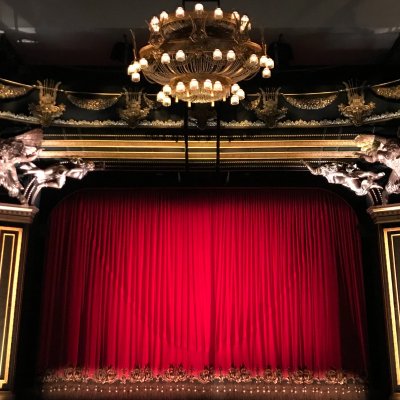This talk is one of my boldest attempts to bear witness to my experiences of visual impairment in academia. I argue that it has been most emancipating for me to treat my experiences as knowledge which has helped me to critically rethink ethnographic research methods. In the same breath, I want to ask what this treatment of non-normative experiences does for the marginalised folks who contribute them.
For example, when I take inspiration from guiding techniques used by visually-impaired people and adapt them for validation as a fieldwork method, what does this do for the communities with which this expertise is most frequently associated?
How might it affect their future interaction with researchers and their representation in scholarship?
https://www.facebook.com/watch/live/?v=913646929445488&ref=watch_permalink






